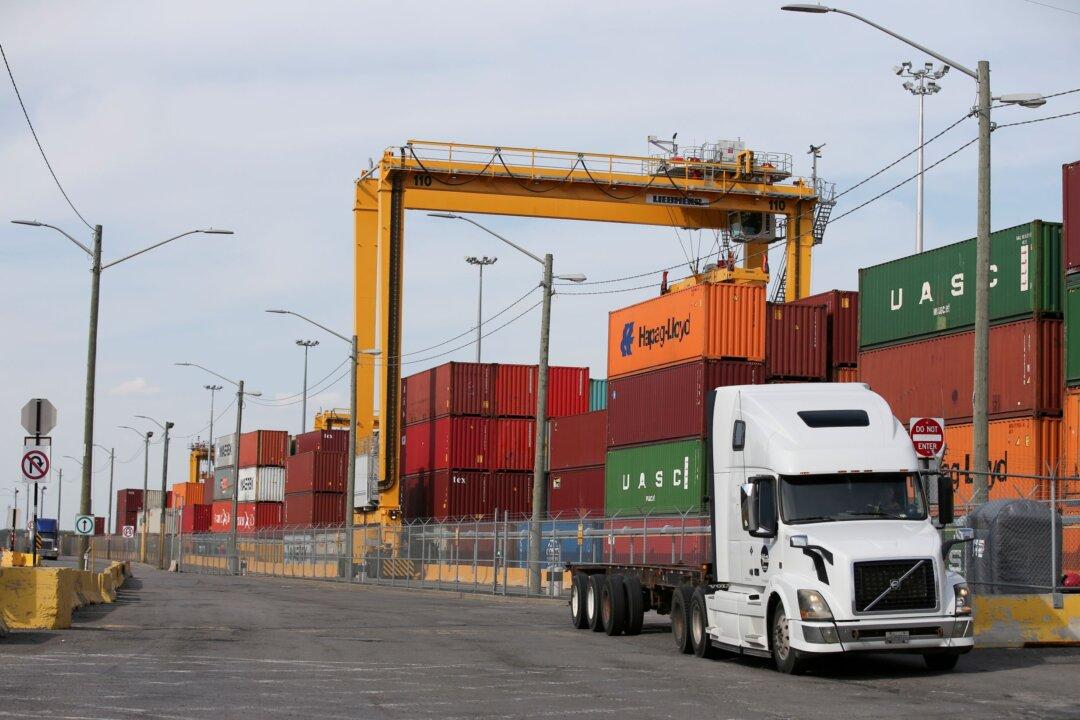OTTAWA—Canada’s economy likely rebounded in August from a slight contraction in July, buoyed by growth in the hospitality industry, though a withering drought will continue to drag on the important agriculture sector, data showed on Friday.
The Canadian economy contracted 0.1 percent in July, just beating analyst estimates of a decline of 0.2 percent, but likely grew by 0.7 percent in August on jumps in services and manufacturing, Statistics Canada said. The August number is a preliminary estimate.





